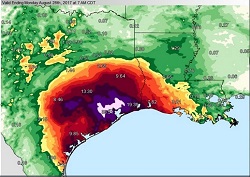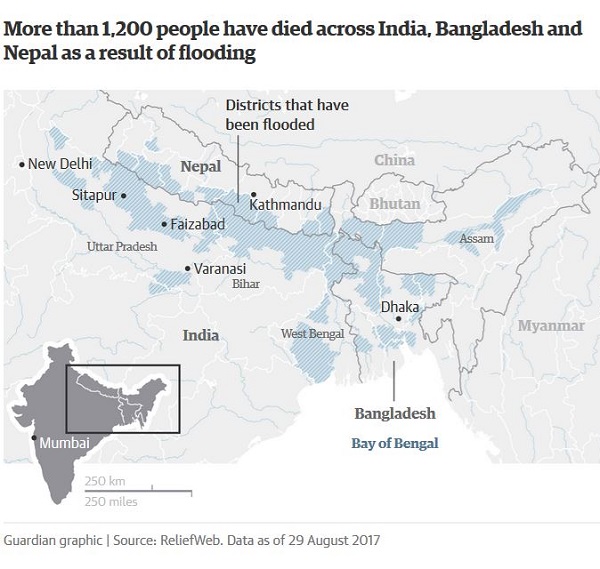Well, hotter than normal.
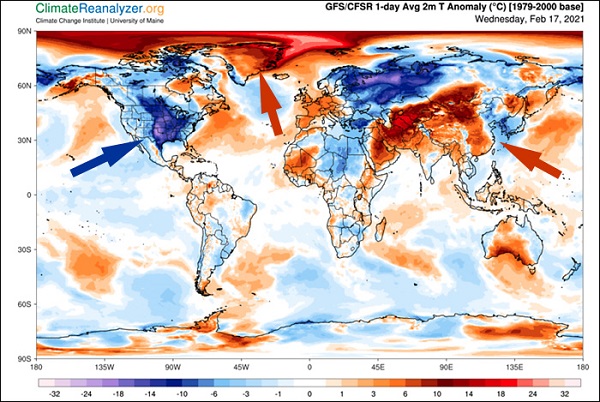
That is the temperature for Wednesday 17 February, referenced to a 1979-2000 base, from John Englander’s blog.
Some parts of the planet’s surface are 15 – 20 degrees Celsius colder than we would expect, and other parts are 15 – 20 degrees Celsius warmer.
However, with climate change one of the big effects is destabilisation of the weather. Continue reading Texas is freezing, but the Arctic is hot


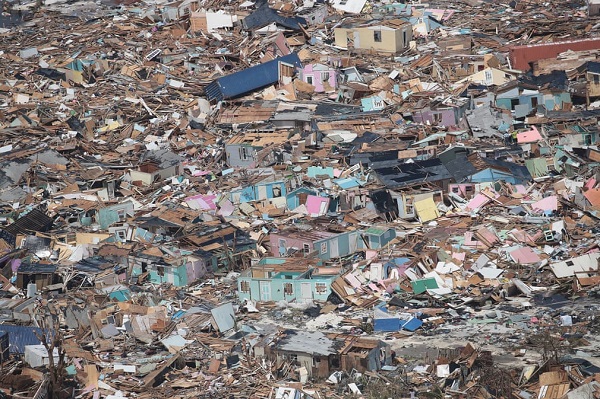

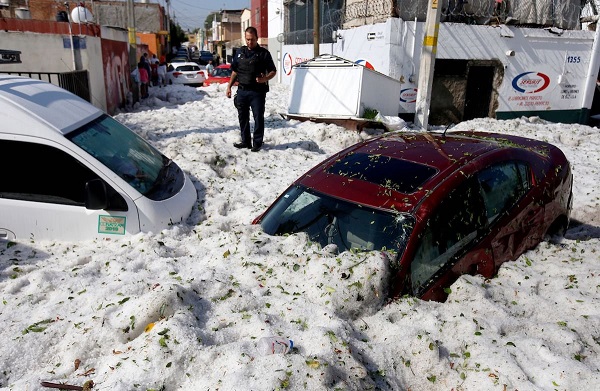
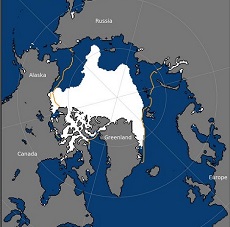 Arctic summer sea ice minimum was the
Arctic summer sea ice minimum was the 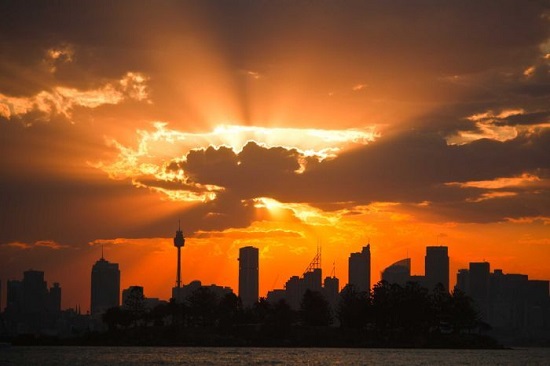
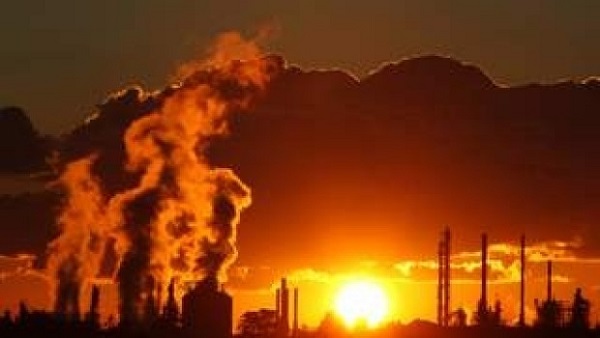 On the weekend Energy Minister Josh Frydenberg gently reminded the Coalsheviks in the LNP Coalition that they
On the weekend Energy Minister Josh Frydenberg gently reminded the Coalsheviks in the LNP Coalition that they 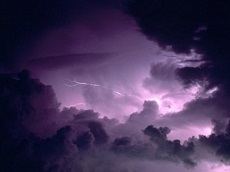 “Emissions increased the chances of seeing a summer as hot as 2017’s by at least a factor of 10”.
“Emissions increased the chances of seeing a summer as hot as 2017’s by at least a factor of 10”.
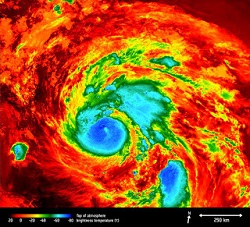 For me the main point of George Monbiot’s
For me the main point of George Monbiot’s 